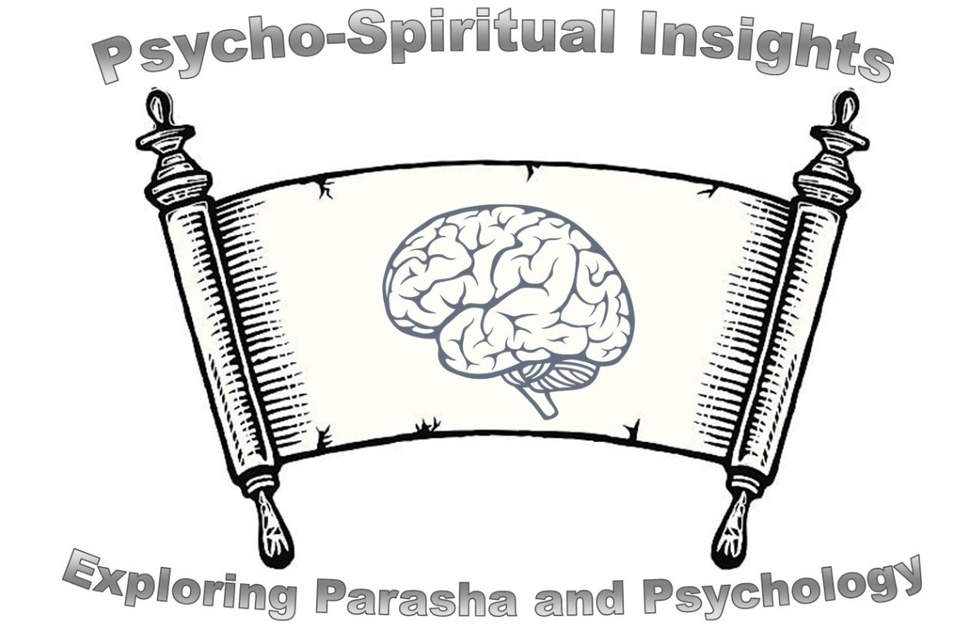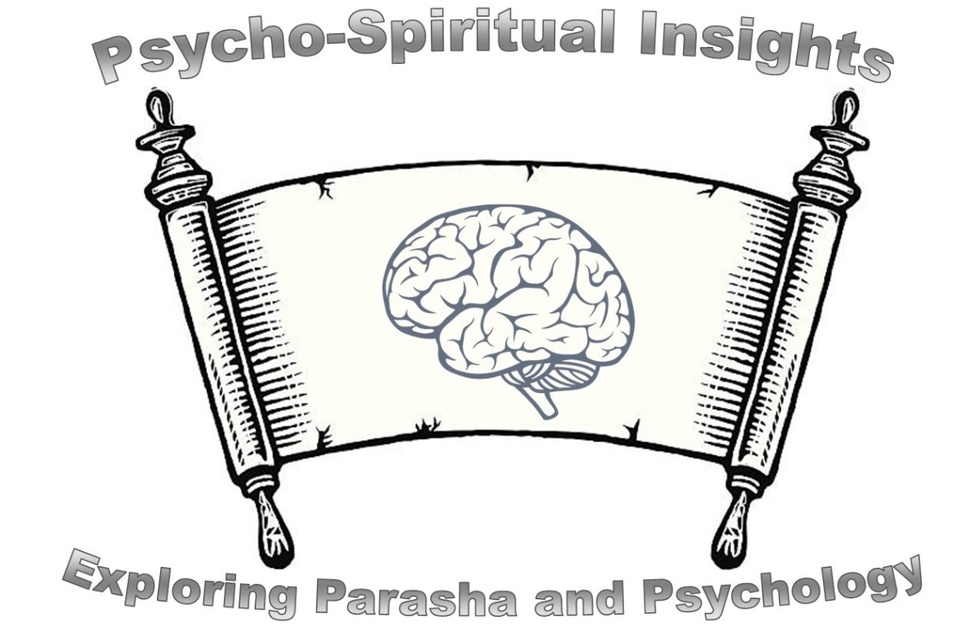
Parshat Miketz, recounts the dramatic rise of Yosef in Egypt, offers a profound exploration of the psychological concept of resilience. Yosef’s journey from being thrown into a pit by his brothers to eventually becoming a high-ranking official in Paroah’s court is a testament to the human capacity to endure and overcome adversity.
The psychological concept of resilience is defined as the ability to bounce back from difficult experiences, adapting positively in the face of adversity. The American Psychological Association cites four components for resiliency: Connection, Wellness, Healthy Thinking and Making Meaning. Yosef used all of these tools and strategies; he found connection, cultivated a family of wellness, used social-emotional tools for healthy thinking and he found meaning through the lens of divine faith. While those who struggle after trauma can suffer from Post Traumatic Stress Disorder (PTSD), those who can tap into resilience are able to thrive after a traumatic event and create Post Traumatic Growth.
The Zohar writes: “Yet Yosef did not feel alone, he had a destiny to fulfill and it says when he looked in the mirror he saw his father.” He remained connected to his family. Made meaning of his situation seeing it as divine providence. He created a healthy thinking mindset and pursued his destiny creating wellness. This embodies the four aspects indicated that cultivate resilience. Furthermore, Haketav V’hakabbalah writes that in naming his two sons: Menasheh and Efrayim, Yosef maintained the connection to his faith and based.
The concept of resilience is not only about enduring hardship but also about using challenges as opportunities for personal growth. American Author Jeffrey Gitomer writes, “"Resilience is not what happens to you. It's how you react to, respond to, and recover from what happens to you." Yosef not only survives but thrives ultimately ascending to a position of power and influence. His resilience transforms him from a victim of circumstance to a leader.
Here are short tips for each of the four components of resiliency:
- Connection:
- Foster strong social connections with friends, family, and community.
- Prioritize quality time with loved ones.
- Wellness:
- Prioritize self-care, including regular exercise, sufficient sleep, and healthy eating.
- Listen to your body and mind, and address signs of stress promptly.
- Healthy Thinking:
- Cultivate a positive mindset by focusing on solutions rather than problems.
- Practice gratitude to shift your perspective towards the positive aspects of life.
- Making Meaning:
- Find purpose and meaning in your daily activities through faith.
- Reflect on your values and align your actions with what truly matters to you.
The lessons of Yosef overcoming trauma ring true to this very day. Many of us are carrying the weight of personal or secondary trauma due to the events in Israel and Anti-Semitism around us. In our own lives, we often encounter metaphorical pits – moments of despair, disappointment, or hardship. Parshat Miketz encourages us to embrace resilience as a guiding force, reminding us that challenges are not insurmountable obstacles but opportunities for personal and spiritual development.
As we reflect on Parshat Miketz, let us draw inspiration from Yosef’s journey. In times of adversity, may we tap into our inner reservoirs of resilience, viewing challenges as opportunities for growth, maintaining our purpose, and ultimately, emerging from the pits of life stronger, wiser, and more resilient. Just as Yosef rose from the depths to the heights of power, so too can we navigate the twists and turns of life with faith, hope, and unwavering resilience.
Elan Javanfard, M.A., L.M.F.T. is a Consulting Psychotherapist focused on behavioral health redesign, a Professor of Psychology at Pepperdine University, & a lecturer related to Mindfulness, Evidence Based Practices, and Suicide Prevention. Elan is the author of Psycho-Spiritual Insights: Exploring Parasha & Psychology, weekly blog. He lives in Los Angeles Pico Robertson community with his wife and three children and can be reached at Elan.Javanfard@gmail.com.
 Previous
Previous

